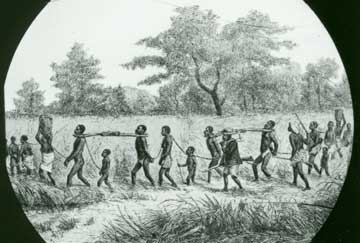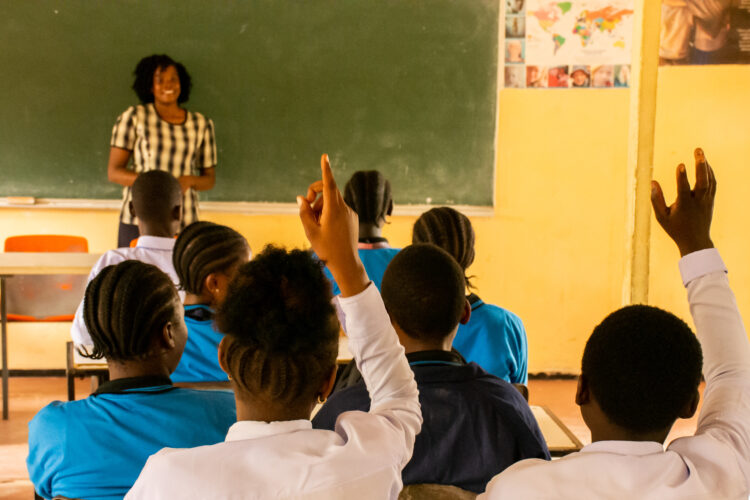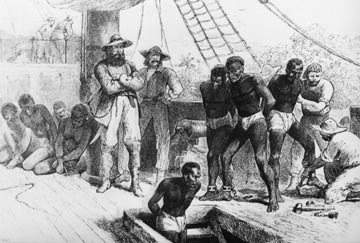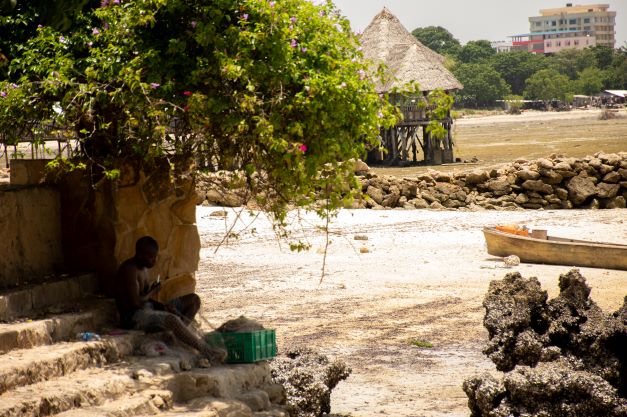
Speak out about modern slavery
We have a host of resources available for individuals, schools and faith groups
Download our free resources to help raise awareness of modern slavery in your communities
Letter to the G7 on the Just Transition and Uyghur Forced Labour
We, representatives of the global Uyghur community, investor groups, civil society organisations, trade unions, environmental organisations, and academics, are writing to you in advance of the G7 Ministerial Meetings and Leaders’ Summit in 2023 to urge for the adoption of concrete measures to combat the use of systemic forced labour in the global transition to clean energies.‘Illegal Migration’ Bill briefing – House of Lords Committee Stage
The Anti-Trafficking Monitoring Group provides a detailed overview of the UK Government’s proposed “Illegal Migration” Bill. The ATMG raise deep concerns about the government’s proposed ‘Illegal Migration Bill’, which targets some of the most vulnerable groups in our society, including but not limited to, those seeking asylum, victims and survivors of trafficking and modern slavery, including separated children and those with families. The ATMG reject this Bill and urge the parliament to reject it in its entirety.
Joint Civil Society Briefing - Illegal Migration Bill
Joint civil society briefing for the House of Lords second reading – This joint civil society briefing for the House of Lords second reading of the Bill is co-written and approved by signatory civil society organisations. Anti-Slavery International has deemed this bill as cruel, unworkable and inhumane, and therefore unamendable. The Bill undermines our moral and legal obligations to victims of trafficking, refugees, and asylum seekers. Due to specialist sector experience and expertise, organisations have signed the parts of the briefing within their remit but that does not imply disagreement with the other parts.
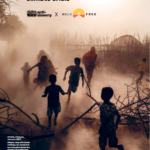
The Costs of the Climate Crisis
Anti-Slavery International co-authored an essay with Walk Free for the Global Slavery Index – see the original article here in the Global Slavery Index.
Compounding crises serve to heighten the risks of all forms of modern slavery. The COVID-19 pandemic, armed conflicts, and climate change have led to unprecedented disruption in employment and education, as well as increases in inequalities, distress migration, and reports of gender-based violence and forced marriage. Anti-Slavery International and Walk Free look at the connections between climate change and modern slavery and provide recommendations for governments.
Written evidence submission on Batteries for Electric Vehicle Manufacturing
Written evidence submitted by Anti-Slavery International to the Business, Energy and Industrial Strategy Committee in regarding Batteries for Electric Vehicle Manufacturing.
Anti-Slavery International welcomes the Business, Energy and Industrial Strategy Committee’s enquiry, which recognises the important role of electric vehicles (‘EV’) in the UK Government’s vital journey to net zero. However, we urge the Committee to recognise and assess the risk of the use of forced labour of Uyghurs and other Turkic and Muslim-majority peoples in the EV industry. Thus, this submission focuses on the question in the Call for Evidence “What are the risks to the UK automotive industry of not establishing sufficient battery manufacturing capacity in the UK?”
Written evidence submission on the risk of forced labour usage in critical minerals extraction
Written evidence submitted by Anti-Slavery International to the Foreign Affairs Committee to the Critical Minerals enquiry.
Anti-Slavery International welcomes the Foreign Affairs Committee’s enquiry, which recognises the important role of critical minerals in the UK Government’s green transition. In this enquiry, we urge the Committee to recognise and assess the risk of the use of forced labour of Uyghurs and other Turkic and Muslim-majority peoples in the mining and processing of critical minerals and manufacturing of
inputs made with critical minerals.
Thus, this submission focuses on the questions in the Call for Evidence which relate to responsible sourcing, diversification of supply chains and the role of the FCDO.
Written Evidence submitted by the Anti-Trafficking Monitoring Group
In written evidence to the Home Affairs Select Committee, the ATMG outlines deeps concerns on developments affecting human trafficking and modern slavery in the United Kingdom through the proposed “Illegal Migration” Bill.
Briefing on the Illegal Migration Bill
This briefing on the new Illegal Migration Bill brings together the core concerns of several leading modern slavery charities across the whole of the UK. Highlighting how we view this legislation as costly, unworkable and deeply inhumane; and urging the government to scrap this plan immediately.
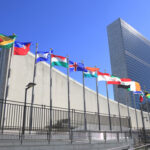
As UN Experts express alarm, coalition calls on the Government to end hostility towards survivors of trafficking and modern slavery
Today, UN experts expressed alarm at the UK Government’s use of unevidenced claims and sensationalist language towards survivors of trafficking and modern slavery, stating these attacks on the credibility of survivors and their legal representatives have a “chilling effect.” Following this release, twenty one anti-slavery organisations have released a statement calling on the Government to end its roll-back of rights and protection for survivors, and recommit to support, assistance and safeguarding for all victims of this grave crime.

Evidence submission to the UK Environmental Audit Committee on Uyghur forced labour in electric vehicle supply chains
Anti-Slavery International
In written evidence to the UK’s Environmental Audit Committee, we urge the Committee to recognise and assess the risk of the use of forced labour of Uyghurs and other Turkic and Muslim-majority peoples in the solar industry and energy storage technology industries, and to develop recommendations which map out a pathway for how the UK Government can support the UK solar industry to develop a truly ‘clean’ industry, which does not rely on the systemic forced labour of persecuted communities.
